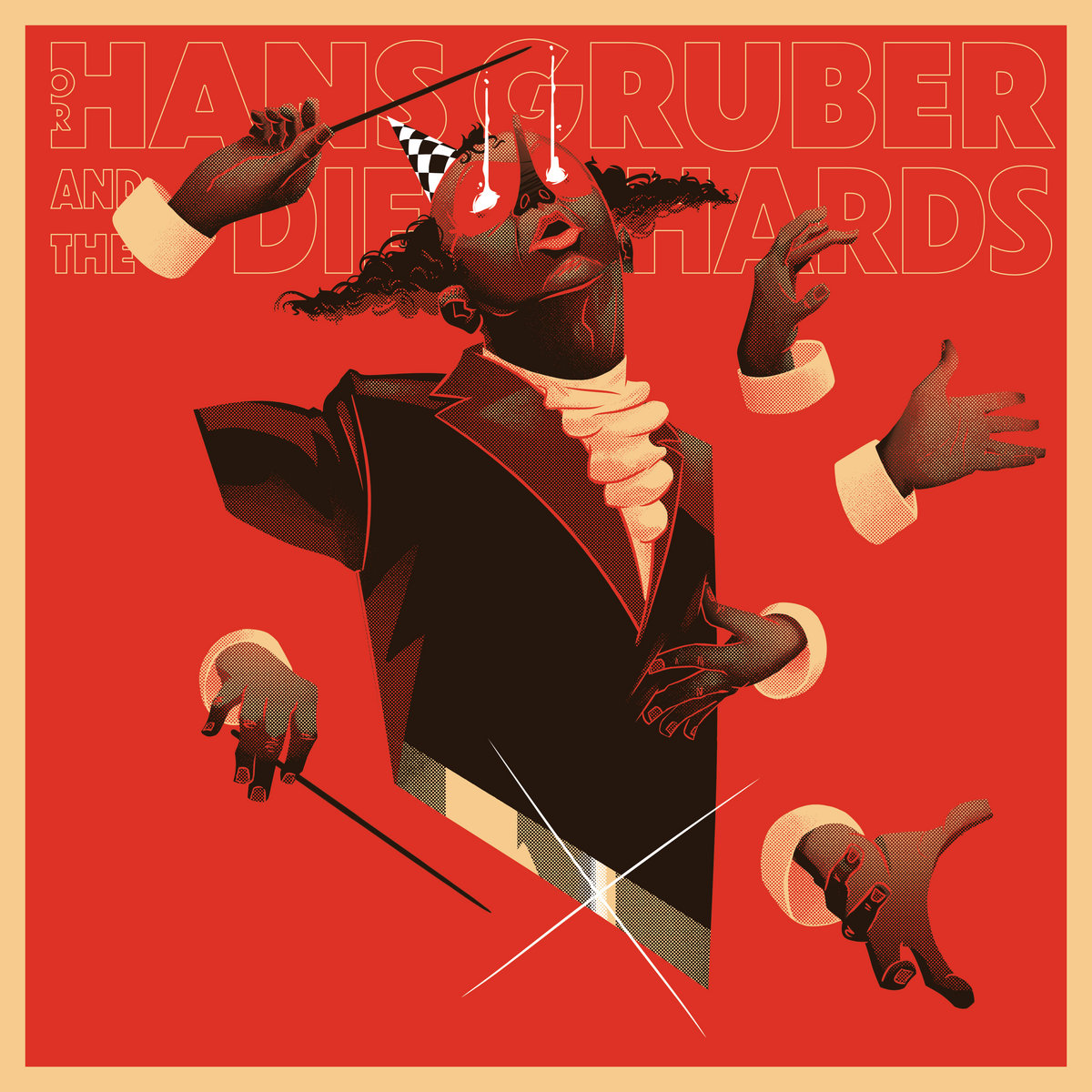Mount Eerie – Night Palace | Album Review
/P.W. Elverum & Sun
It’s been about a month since Night Palace dropped, and I barely have my arms around it. Over the course of 81 minutes, legendary singer-songwriter Phil Elverum covers a lot of sonic and thematic territory. Black metal, motherhood, loosey-goosey indie rock, songs based on poems, poems based on songs, and Marxist property theory are just a few of the topics Phil examines on his sprawling new album. There’s a 12-minute spoken word track, a 58-second lullaby for his daughter, and an autotuned song about talking to a fish. It’s a complex listen.
Night Palace’s multifaceted nature stems from Phil’s attempt to reconcile many different pieces of his psyche, the world that he inhabits, and his rich artistic history. Since The Microphones’ free-flowing cult classic The Glow Pt. 2 landed him at the top of Pitchfork’s Top Albums of 2001, his 25-year stint as one of indie’s preeminent singer-songwriters has been marked by pendulum swings. One project is quiet, literal, and sincere. The next? Noisy, distorted, and atmospheric. In his words, this album is about finding as much connection as possible between all these versions of himself and all the contradictions we inhabit. It’s about creating continuity between our collective past and the present. Between the domestic and the spectral. The analogical and the objective.
In his attempt to locate this elusive nexus, Phil crafts a collection of songs that play out like the album-to-album oscillations of his discography in miniature. The opening track, “Night Palace,” features a hefty dose of contemplative verse and the studio experimentation that defined the early Microphones stuff - an air organ run through heavy distortion that blankets the composition with a thick, staticky haze. “Huge Fire” loosens things up with an electric guitar and a warmer arrangement to complement Phil’s lyrics about the all-encompassing sensory act of building a giant bonfire. It’s also the first of several references on Night Palace to Phil’s favorite symbol over the years - the powerful, dynamic force of the wind. At age 23 on tracks like “I Want Wind to Blow,” the wind was a way out for Phil, an escape from the claustrophobia of modern urban life. Now, at 46, the wind is not something to pray for but rather a powerful, beautiful, and destructive inevitability. It’s not strictly any one of those things; it represents the confluence of all those things and more.
The wind and other environmental symbols that appear throughout Night Palace represent an easing of Elverum’s commitment to a hyper-realistic songwriting approach after the passing of his wife Genevieve and the release of his devastating (and best-selling) 2017 album, A Crow Looked At Me. “Broom of Wind” is a perfect example of Phil loosening those self-imposed restrictions by allowing the poetic to coexist with the realistic within the very same song. It’s a stroke of concise songwriting brilliance that harmonizes his early inclination towards the natural metaphor with his late-period literalism, referencing a zen poem of the same name and conjuring a homey, solemn image of Phil sweeping his kitchen every morning. “Sweeping with an old broom / whose straw keeps chunking off / for me to sweep up” is both a relatable domestic frustration and an iteration of Sisyphusian myth rolled up into one short and sweet verse. Night Palace is full of such instances - the ordinary made cosmic.
As the album stretches on, seemingly into infinity, Phil inhabits just about every pocket of his sound that he’s ever explored. “Blurred World” is one long, gorgeous verse about worsening vision and pissing outside that recalls the vocal choir heavily featured on his 2005 album Singers. On the hilarious and poignant “I Spoke With a Fish,” we get another taste of the autotuned wackiness of 2013’s Pre-Human Ideas. Phil’s frequently cited Stereolab influence has never been quite so clear, in both sound and subject, as it is on “Non-Metaphorical Decolonization” and “Co-Owner of Trees,” two krautrock jams about nativism and the strange concept of land ownership. Though many of these ideas are familiar, it’s not quite right to call them retreads; a couple decades of experience imbues these words and sounds with new life, and their unconventional sequencing accentuates just how unique each one is. Every time I listened, a new handful stood out, and I suspect the same thing will happen again and again as I revisit.
There’s an entire dissertation to write unpacking each of the verses and sonic vignettes in Night Palace’s 26 tracks. This record - possibly even more so than many of Phil’s works - should be treated as a primary source text rather than an airplane novel. It’s a snapshot in time that means something different to its author and audience today than it will in a year and a few years after that. It should be listened to, read, discussed, and relistened to again. In that way, it can be a nexus of temporal perspective for you in the same way that it was for our old friend Phil.
Parker White is a tech salesperson moonlighting as a music writer. When not attending local shows in Atlanta or digging for new tunes, he’s hosting movie nights, hiking/running, or hanging out with his beloved cat, Reba McEntire. You can find him on Twitter and Instagram @parkerdoubleyoo, and you can read other stuff he’s written over on his Substack.





